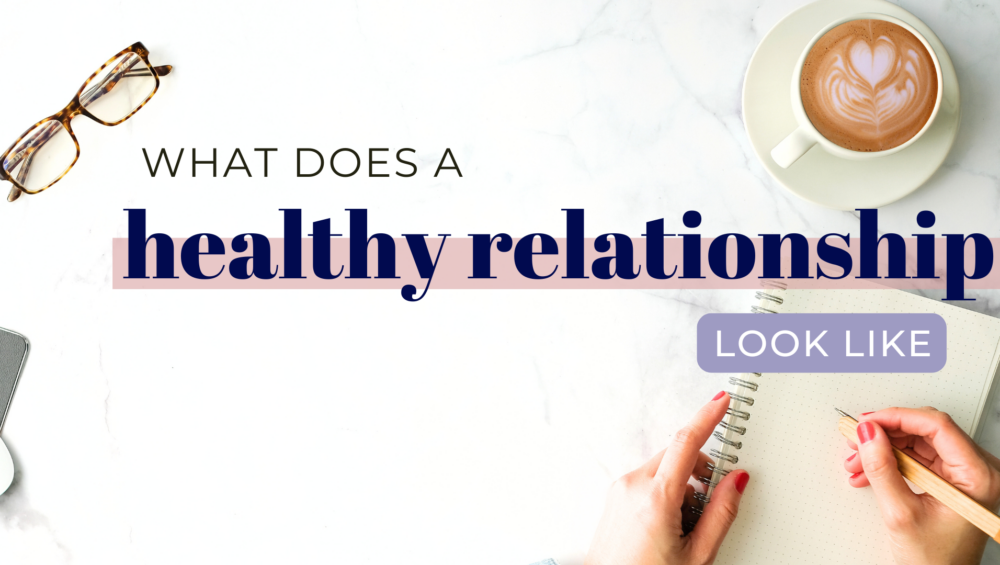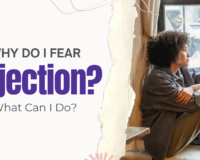What Does a Healthy Relationship Look Like?
A relationship should be a source of support, encouragement, and emotional safety. But sometimes, it can be hard to tell whether what you’re experiencing is healthy or unhealthy. Maybe you’re in a new relationship and wondering if things are going in the right direction, or you’ve had past experiences that make you question what a strong, respectful relationship should look like. Understanding the foundations of a healthy relationship can help you build a connection that is mutually supportive, loving, and lasting.
The Key Elements of a Healthy Relationship
While every relationship is unique, certain signs indicate a strong and positive connection. Here are some of the most important qualities:
1. Mutual Trust
Trust is the foundation of any strong relationship. Without it, insecurity and doubt can take over. In a healthy relationship, you feel confident that your partner is honest and reliable. There’s no need to check each other’s phone, social media, or whereabouts. You don’t feel suspicious of their words or actions. If trust isn’t there, it can lead to jealousy, controlling behaviors, or emotional distance.
2. Respect for Each Other’s Opinions and Boundaries
A relationship should never feel one-sided or make you feel like your thoughts don’t matter. Respect means your opinions and feelings are valued, even when you disagree. You both set healthy boundaries and respect them. There’s no belittling, insulting, or pressuring each other. Feeling unheard or dismissed in a relationship can be a warning sign of emotional manipulation.
3. Open and Honest Communication
Healthy relationships are built on clear, honest communication. This means you can talk openly without fear of being judged or ignored. Arguments are handled maturely without yelling, name-calling, or giving the silent treatment. You feel comfortable expressing what you need without guilt or anxiety. If you find yourself hiding your feelings or avoiding conversations to prevent conflict, it may be a sign that something needs to change.
4. Emotional and Physical Safety
You should feel safe and secure in your relationship, both emotionally and physically. A healthy relationship does not include threats, intimidation, or fear-based control. There should be no physical harm or aggressive behaviors. You should never feel pressured into anything you’re uncomfortable with. Feeling anxious, afraid, or emotionally drained because of your partner’s actions is a sign that your relationship may not be healthy.
5. Support Through Life’s Challenges
A strong relationship means supporting each other through both good times and difficult moments. Ask yourself:
- Does your partner encourage your goals and dreams?
- Are they there for you when you need emotional support?
- Do they celebrate your successes and uplift you when you struggle?
- A true partnership means walking through life together, offering encouragement, and being a source of strength and motivation.
Signs of an Unhealthy Relationship
Not all relationships are safe or healthy. If you recognize any of these warning signs, it may be time to step back and reevaluate.
- Constant criticism or belittling makes you feel small or not good enough.
- Lack of trust or excessive jealousy may lead to accusations without reason, constant monitoring, or invasion of privacy.
- Control and manipulation can look like pressuring you into choices that only benefit them.
- Isolation from family and friends happens when they try to separate you from loved ones to make you more dependent on them.
- Emotional highs and lows create extreme ups and downs, leaving you feeling confused or drained.
If you’re questioning your relationship, it’s okay to seek professional help and talk to someone experienced in unhealthy relationships who can provide effective guidance.
What to Do If You’re in an Unhealthy Relationship
If you’re in a relationship that doesn’t feel supportive, safe, or healthy, you don’t have to stay stuck in that situation. First, it’s important to acknowledge your feelings. If something doesn’t feel right, listen to your instincts. Next, you may want to meet with a professional such as a counselor or therapist to help you gain non-biased and nonjudgmental clarity. It’s also important to set boundaries. If your partner constantly disrespects your feelings or needs, it may be time to distance yourself. Finally, please know there are additional resources available to help you navigate a positive path forward.
Need Someone to Talk To?
If you also find yourself facing an unexpected situation like an unplanned pregnancy, Problem Pregnancy Center is here to help. We offer free options counseling, as well as free ultrasounds and pregnancy tests to provide clarity in difficult moments. Reach out today to learn about your free options and get the support you deserve.






